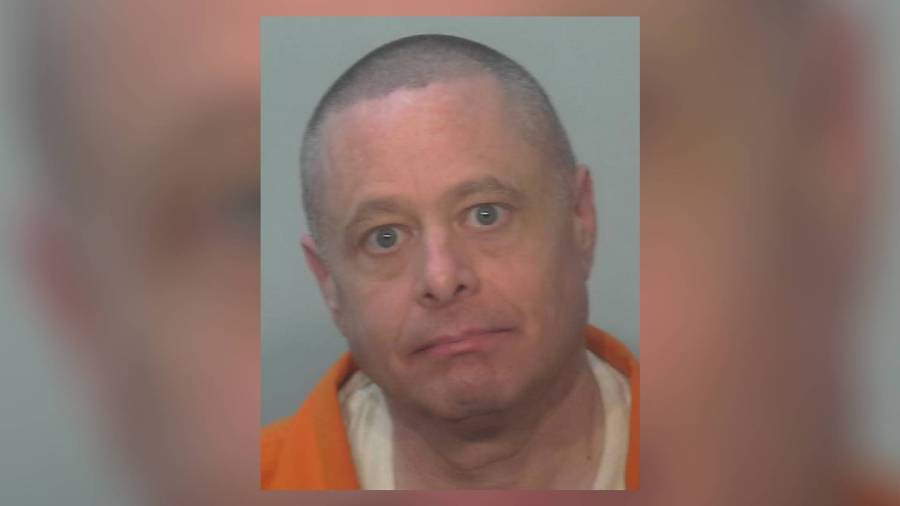CAROLL COUNTY, Ind. — On Day 8 of the Delphi murders trial, Indiana State Police Lieutenant Jerry Holeman was called to the witness stand to recount both the arrest of Richard Allen and interviews he gave in 2022 regarding the 2017 murders of Abby Williams and Libby German near the Monon High Bridge in Delphi, Ind.
This follows Day 7 of the trial, in which Melissa Oberg, a former Indiana State Police forensic firearms examiner, testified about the cartridge found at the murder scene and described her work to match that bullet to a Sig Sauer P226 found during a search of Allen’s home.
Defense attorney Bradley Rozzi challenged the conclusiveness of her results. He pointed out that Oberg compared a fired bullet from the Sig Sauer to the “unspent bullet” found at the murder scene. Oberg countered that an “ejector mark is an ejector mark whether it’s fired or cycled.”
On October 26, 2022, Richard Allen was arrested in relation to the murders. By that time, he had Oberg’s findings that investigators believe linked Allen’s gun to the “unspent bullet” found at the crime scene.
On this date, Lieutenant Holeman interviewed Allen at the ISP post in Lafayette. While there, Holeman reminded Allen he still had his Miranda rights to remain silent.
Per Holeman, this interview was not recorded on tape due to technical difficulties.
Amid the interview, Holeman asked Allen to explain why a bullet from his gun was left at the murder scene. “The round from the murder scene matched the gun found at Mr. Allen’s house,” Holeman said.
Allen told Holeman no one had ever borrowed his Sig Sauer, his clothes, or his car. He never carried his gun unless he went fishing or mushroom hunting, he told the investigator. He said he didn’t have the Sig Sauer with him on Feb. 13, 2017, and couldn’t explain why a round linked to the firearm was found near the bodies of Abby Williams and Libby German.
While Allen was asked how he typically carried a gun and confirmed he would “normally carry” in a side holster, he denied giving further answers. This led Holeman to try a different tactic.
“I have been trained in many techniques to conduct interviews,” said Holeman. In this case, the technique he had to implement was “…to lie to obtain information.”
Thus, Holeman told Allen he had pictures and audio of him on the Monon High Bridge, proving Allen was the “Bridge Guy” captured on Libby’s cell phone who commanded the girls to go down the bridge. Holeman also stated witnesses and experts confirmed this information.
At the trial, Holeman had to admit to the jury that this was a lie to get more info out of Allen.
The investigator insisted the cartridge had been cycled through Allen’s gun. Allen again told him it wasn’t possible.
“There’s no way that round cycled through my gun,” Allen said. “I don’t know how it got there.”
Later in that interview, Richard Allen denied killing the girls “20-25 times”, according to Holeman. He reportedly told the lieutenant “I’m not going to tell you something I didn’t do.”
However, despite denying the bullet left at the murder scene was from his gun, Holeman said Allen did admit to being on the trail that day, near where Abby and Libby were killed.
Holeman then added that a trooper told Allen he was not a bad person. Allen responded to this, asking “What kind of good person would kill two girls?”
That trooper advised Allen he was free to leave. Allen said he was done but continued to talk, Holeman said. According to him, Allen then stated “You have all the evidence, just arrest me.”
Per Defense Attorney Andrew Baldwin, Richard Allen was interviewed on October 13th and 26th of 2022. The defense now wants the videos of those interviews to be played in court.
According to Special Judge Fran Gull, those videos will be played next week.


